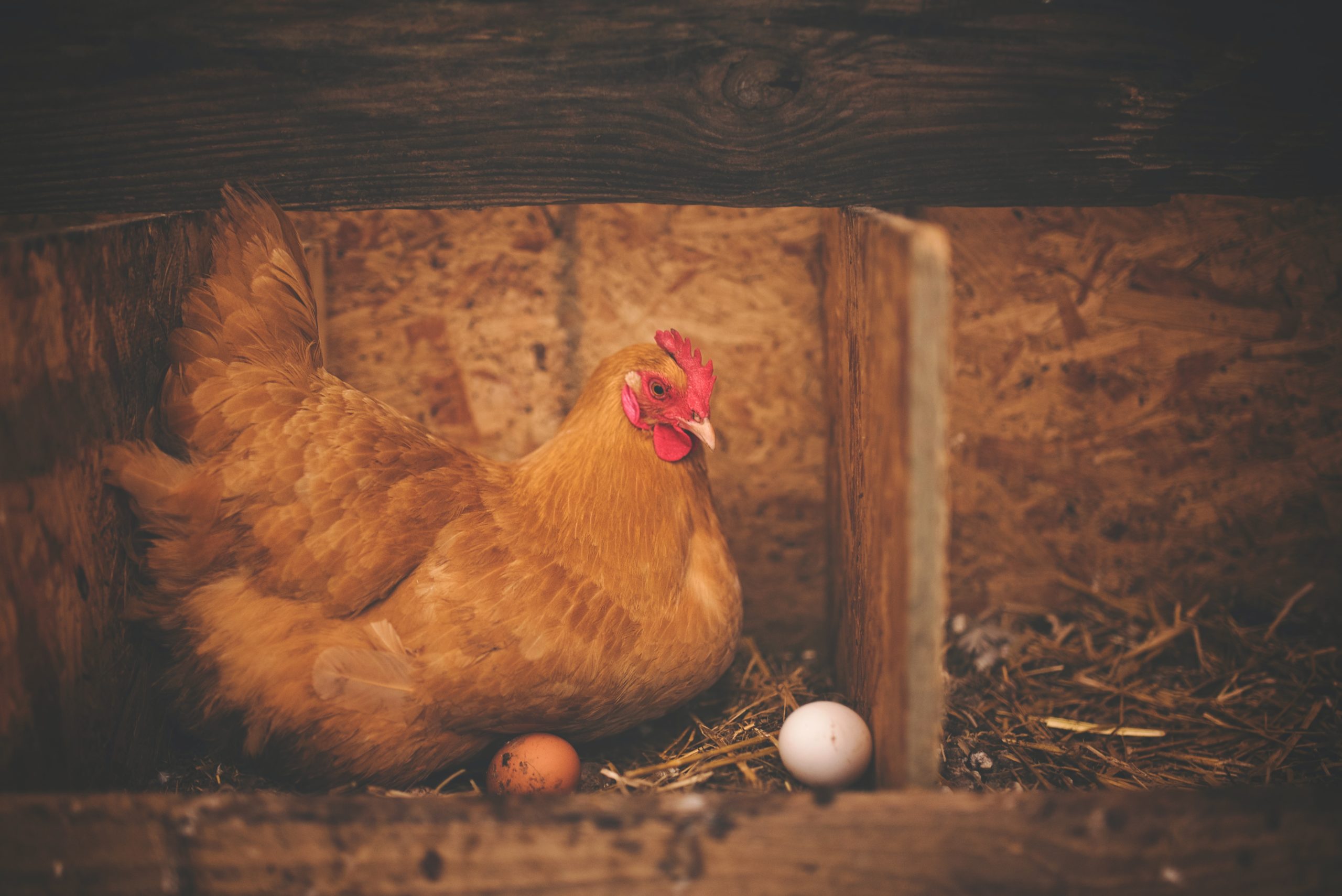Bridging The Gap

A neat trick – passive immunization using chicken antibodies
January 22, 2021
The news cycle and stories about COVID-19 are dominated by information on vaccines – their development, rollout and distribution, and how they work. But there’s another important player that could be used in the fight to prevent COVID-19 infection, and that is passive immunization. SPARK is developing nasal drops to protect against COVID-19 infection that serve as a passive vaccine, containing antibodies that develop in chickens immunized with the spike protein of the SARS-CoV-2 virus.
So, what is passive immunization?
Passive immunization is the transfer of ready antibodies to an individual for the prevention or treatment of a disease. Passive immunity is immediate but short-lived. In contrast, active immunization relies on an immune response in a human to the contents of a vaccine. Pathogenic agents in a vaccine induce a person’s immune system to produce antibodies and activate immune cells, a process that can take time.
Passive immunization is what mothers do to protect their babies, by passing maternal antibodies on to their offspring in utero and immediately after birth through nursing. This protects the baby for the first few months of its life as it works to develop its own antibodies.
The nasal drops being developed by the SPARK team harness this phenomenon in chickens, in which hens produce antibodies to the injected SARS-CoV-2 protein, and pass those antibodies to their eggs. Basically, the chickens are doing the work for you – invoking an immune response and producing the targeted antibodies. A human can then coat their nasal passages with nasal drops containing the targeted antibodies, providing immediate, short-term protection against COVID-19.
What are the advantages of using IgY antibodies for passive immunization?
Passive immunization does have some disadvantages. Some antibodies created by other animals can cause allergic reactions. Antibody production in animals or in a lab can be costly, difficult and time-consuming, and antibody collection from animals is often invasive.
This is why chicken antibodies, called IgY, are advantageous.
IgY are produced by chickens and other birds, reptiles and amphibians, and chickens pass a large amount of IgY to the egg yolk to protect the chick.
IgY antibodies can therefore be naturally produced, using the hen as a “factory.” Chickens are immunized against a pathogen, the eggs collected and the resulting antibodies extracted from the yolk. Hens lay about 300 eggs per year, and one immunized hen can produce over 30 grams of IgY in a year. Importantly, antibody production through egg collection is non-invasive and pain-free.
As we discussed previously, the production of IgY antibodies is quite low-tech, requiring neither sophisticated procedures nor expensive equipment.
Antibody extraction from the eggs is easy, requiring only a simple water extraction method, and then formulated into a nasal drop dispenser. The eggs, antibodies and nasal drops can all be stored for several days at room temperature, and for years at 4oC, easing handling and distribution procedures.
Safety is another important factor in the use of IgY for passive immunization. IgY antibodies are well tolerated by humans, as eggs are consumed as part of our diet. In addition, the nasal drops could be used even by people with egg allergies as the purified IgY do not contain egg albumin, the protein that commonly triggers allergic reactions.
IgY antibodies are similar in function to mammalian IgG antibodies, but have some structural differences that make them particularly useful for a nasal passive vaccine. IgY antibodies do not bind to mammalian Fc receptors or interact with the human complement system, and pose little risk of inflammation. IgY are nontoxic and can be administered to a wide range of individuals, from young children to elderly, immunocompromised patients and pregnant women.
IgY antibodies have been studied for use in many applications, including protection against bovine disease, aquatic diseases, and respiratory infections in humans including influenza and cystic fibrosis. IgY have been shown to be safe and effective in preventing viral and bacterial diseases in animal models and humans when given orally or intranasally.
Prophylactic strategies using IgY antibodies are ideal for quickly combating viral epidemics or pandemics. Production of IgY antibodies takes only six weeks from hen immunization to antibody extraction, and could therefore be harnessed rapidly against a virus by immunizing the chickens with a viral protein.
Daria Mochly-Rosen and her SPARK team are quickly developing the nasal drops to fight the current COVID-19 pandemic, and are carefully designing the protocols for the nasal drops with a future pandemic in mind.
However, SPARK needs additional funding to finish the current project and have a blueprint ready for the next pandemic. If you are interested in contributing to the project, or would like more information, please visit SPARK’s COVID-19 website here.
